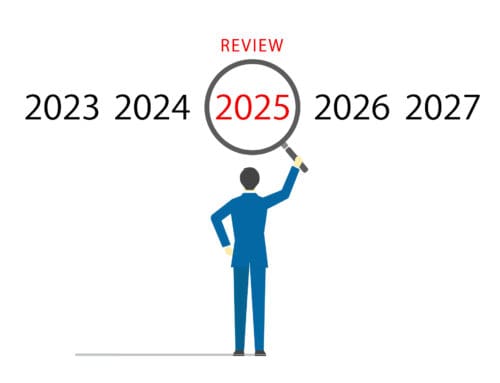 Under cover of darkness, at least figuratively, last week Congress passed a budget bill that actually reduces bleeding from the imaginary Social Security trust fund. President Obama signed it Monday. Some Americans will not like it, especially those who have had higher incomes during their career. The two provisions are commonly known as File and Suspend and File a Restricted Application. Today we are only going to consider the first.
Under cover of darkness, at least figuratively, last week Congress passed a budget bill that actually reduces bleeding from the imaginary Social Security trust fund. President Obama signed it Monday. Some Americans will not like it, especially those who have had higher incomes during their career. The two provisions are commonly known as File and Suspend and File a Restricted Application. Today we are only going to consider the first.
Most senior workers have begun to draw their SS benefits prior to Full Retirement Age (FRA) or plan to do so. Therefore, these changes do not affect them. But in the 2000 Senior Citizens’ Freedom to Work Act, Congress inserted some provisions to encourage some to work longer. In 2014, only 9 percent of new retirement benefit recipients delayed past FRA so the great majority of Americans will not be hit by this year’s law.
To lay the groundwork, for those of us born before 1954, our FRA is 66. If you were born in 1960 or later, your age is 67. Those born in between fall between the two ages. If you are anywhere close, you probably are aware that for every year before your FRA that you begin receiving your benefit based upon your Primary Insured Amount, you take an 8 percent reduction. Secondly, a married spouse is eligible to draw from his or her own account or receive half of the higher paid spouse’s benefit, whichever is higher.
I will provide a personal example. My wife and I fall into the category of couples who could gain from the former situation. My wife began drawing her social security benefit a year or so ago. Since she spent most of our married life concentrating on childrearing and then working for income intermittently, her pre-FRA benefit is fairly small.
I have no present intention to retire or even work less between now and age 70 unless health changes would require it. During the past 14 years, the law would have allowed me to file for benefits at age 66, but suspend my own checks until I choose or attain age 70 at the latest. This technique would have given Karen a big raise at the time of suspension because half of my benefit will be much higher than her present payment, one based upon her lifetime earnings. She will still be able to receive the higher payment, but not until I actually claim my personal benefit.
If you happen to be less than six months from attaining age 66, you will still be able to use this strategy. (And you thought being 65.5 plus was a terrible thing!) If you are already 66 or older and used this technique, you are grandfathered and are safe to continue it until age 70. This has been costing the system up to $50,000 extra over the four year period.
In the financial columns, some are happy to see any cuts in Social Security costs, especially for higher income workers while others are blasting this change as fundamentally unfair. As we all know, life is not fair. Any changes in government redistribution of wealth will not be fair either. It is only a question of how unfair and for whom. I will just plan to keep on working, paying SS tax so that you can get your benefit.
(For further information, see www.forbes.com/janetnovack/2015/10/30/when-should-you-claim-social-security and www.forbes.com/wadepfau/2015/11/03/keep-social-security-changes-in-perspective/. Advice is intended to be general in nature.)




